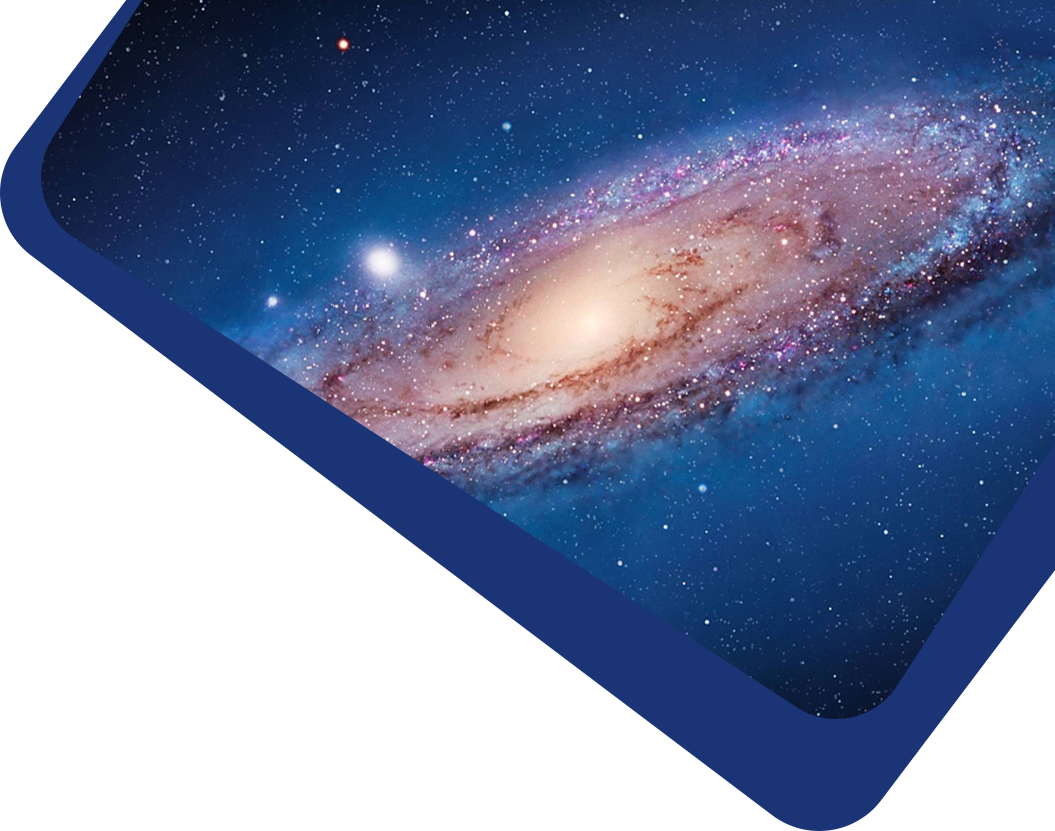

Based on the collected multiwavelength data, namely in the radio (NVSS, FIRST, RATAN-600), IR (WISE), optical (Pan-STARRS), UV (GALEX), and X-ray (ROSAT, Swift-XRT) ranges, we have performed a cluster analysis for the blazars of the Roma-BZCAT catalog. Using two machine learning methods, namely a combination of PCA with k-means clustering and Kohonen's self-organizing maps (SOMs), we have constructed an independent classification of the blazars (five classes) and compared the classes with the known Roma-BZCAT classification (FSRQs, BL Lacs, galaxy-dominated BL Lacs, and blazars of an uncertain type) as well as with the high synchrotron peaked (HSP) blazars from the 3HSP catalog and blazars from the TeVCat catalog. The obtained groups demonstrate concordance with the BL Lac/FSRQ classification along with a continuous character of the change in the properties. The group of HSP blazars stands out against the overall distribution. We examine the characteristics of the five groups and demonstrate distinctions in their spectral energy distribution shapes. The effectiveness of the clustering technique for objective analysis of multiparametric arrays of experimental data is demonstrated.
Key words: methods: data analysis – galaxies: active – (galaxies:) BL Lacertae objects: general
There are currently no refbacks.
It accepts original submissions from all over the world and is internationally published and distributed by IOP